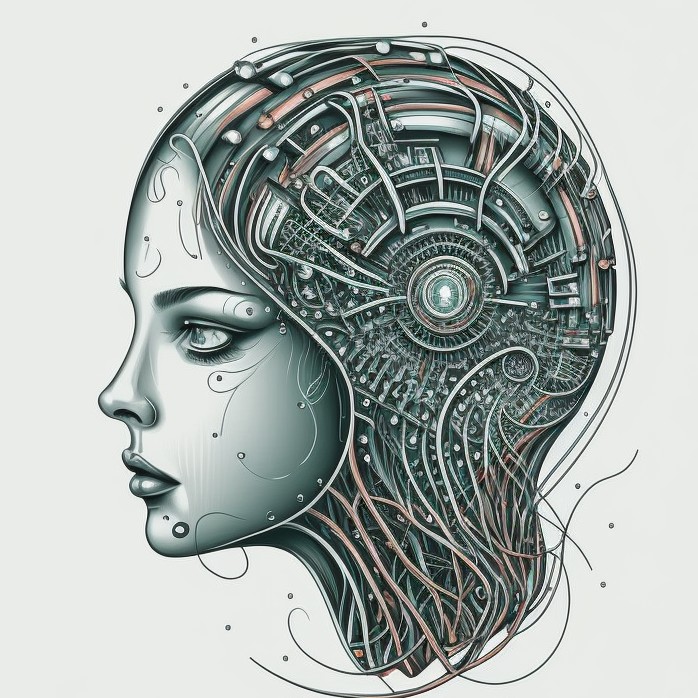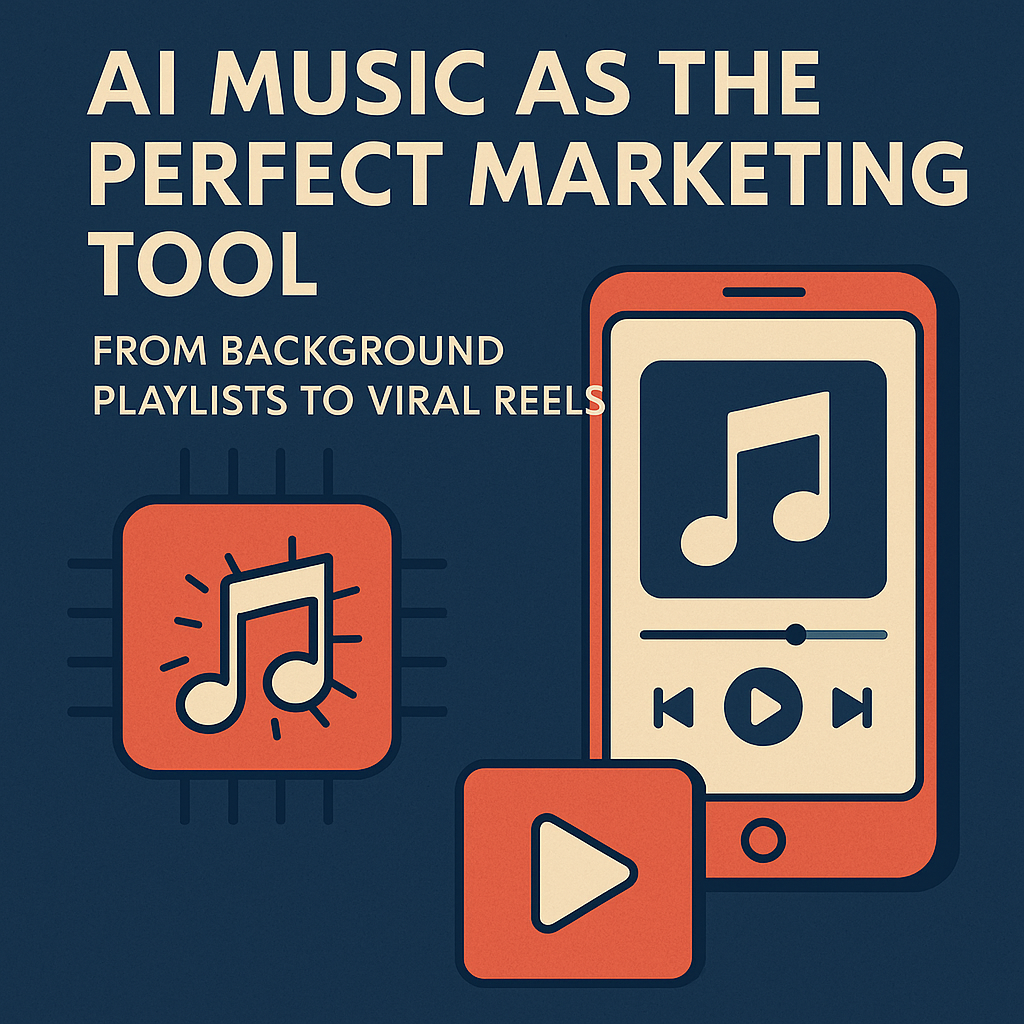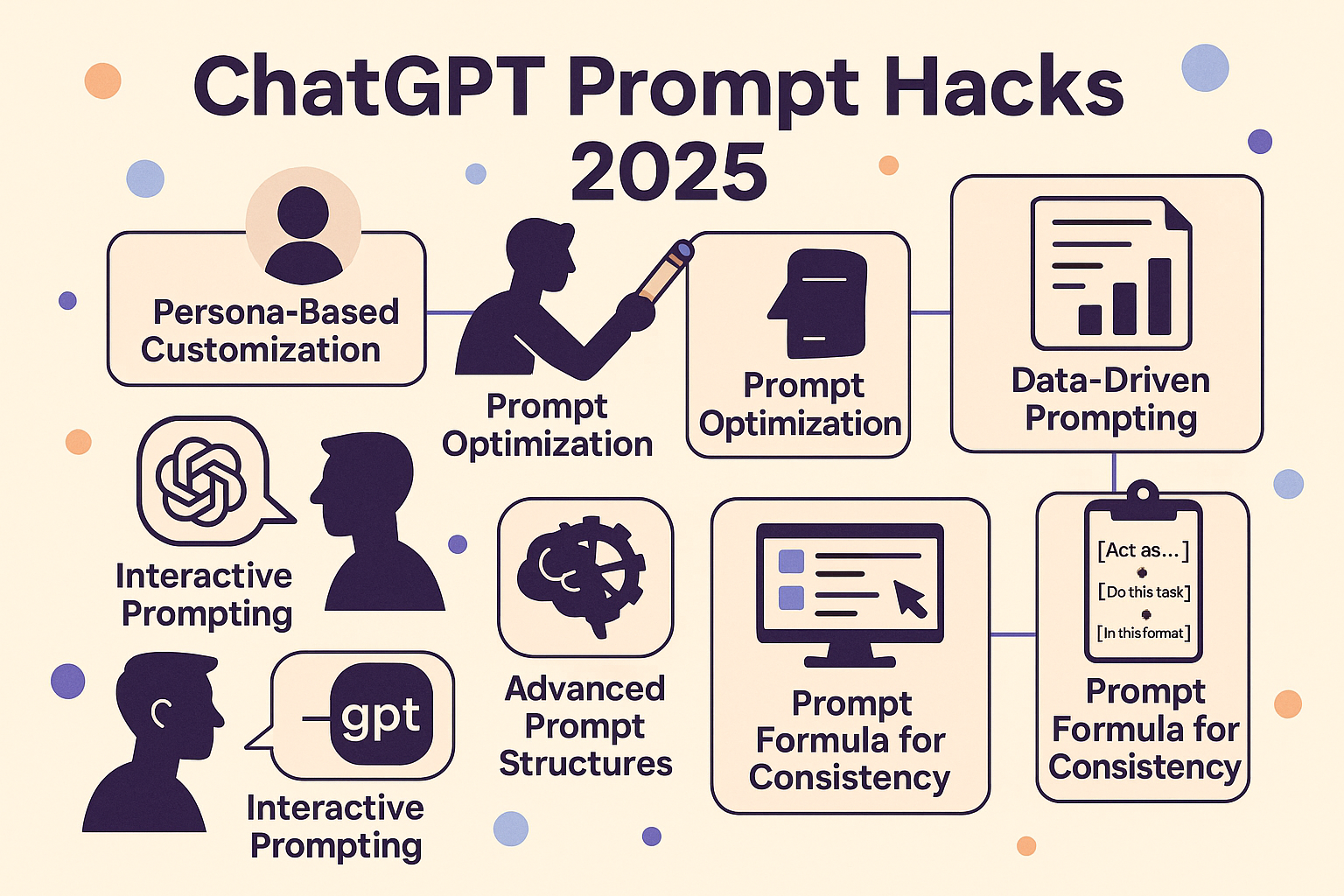AI Ascendancy: How ChatGPT and Large Language Models are Revolutionizing Organizations
How AI impacts businesses

The dawn of the 21st century has seen the birth of a series of technological innovations, and now, as we venture further into the third decade, we are witnessing the arrival of a new era - the era of Artificial Intelligence (AI). Riding this wave of innovation, powerful AI models such as OpenAI's ChatGPT and other Large Language Models (LLMs) are steadily making their mark across a variety of sectors. Notably, these transformative technologies are reshaping various stages of the organizational value chain, from recruitment and marketing to legal processes, human resources, customer service, talent development, competitor analysis, financial analysis, and more.
Reshaping Recruitment: The AI Revolution
ChatGPT and other LLMs are dramatically altering the recruitment landscape. With their ability to understand complex prompts, generate responses, and analyze large amounts of data, these AI models are capable of streamlining the hiring process. They can autonomously screen resumes, schedule interviews, and even conduct preliminary assessments of candidates, reducing the workload of human recruiters.
Marketing: Personalized, Efficient, and AI-driven
In the realm of marketing, AI models like ChatGPT are becoming indispensable tools. They're being utilized to analyze customer behavior, generate personalized content, and make predictions about market trends. With AI, businesses can reach their target audiences more effectively and efficiently, crafting marketing strategies that resonate on an individual level.
Revolutionizing the Legal Field
The legal sector is also witnessing the transformative power of AI. LLMs can digest and synthesize vast amounts of information, aiding in the creation of legal briefs or opinions. While the human element is still necessary for judgment calls, the use of AI in legal services is a significant productivity booster.
HR and Talent Development: AI's New Frontier
In the field of Human Resources, AI is proving to be a game-changer. From simplifying administrative tasks to assisting with employee engagement strategies, AI tools are becoming an integral part of HR processes. Additionally, they are helping in talent development, offering personalized training and development plans based on the analysis of individual strengths and weaknesses.
Customer Service: AI to the Rescue
When it comes to customer service, AI, especially ChatGPT, is emerging as a powerful tool. The AI can provide instant responses to customer queries, reducing wait times and improving customer satisfaction. Amazon employees, for example, found that ChatGPT did a "very good job" of answering customer support questions, and it was "great" at making training documents.
Strategic Insights: AI in Competitor and Financial Analysis
AI models like ChatGPT can process and analyze vast amounts of data in real-time, providing businesses with valuable insights into their competitors' strategies, market trends, and financial health. These insights can help businesses make strategic decisions, identify opportunities, and anticipate challenges.
Jobs Impacted by AI
While AI is creating new efficiencies and opportunities, it's also raising concerns about job displacement. Certain roles, particularly in tech, media, and legal industries, could see tasks being automated by AI. For instance, coders, software developers, and data analysts could see AI technologies "displacing more of their work"1. Media jobs, including those in advertising, technical writing, journalism, and any role that involves content creation, may be affected as AI is capable of producing written content more efficiently than humans1. Market research analysts are another group susceptible to AI-driven change.
However, many experts view AI as an enhancer rather than a full replacement of jobs. They believe that AI will help professionals rather than replace them, acting as a co-pilot that helps people do more with less. In this regard, AI is just at the beginning of the S-curve, with enormous near-term and long-term opportunities.
"AI technologies are not just disrupting industries, but they are also driving a new wave of innovation and productivity," says Dr. Fei-Fei Li, Co-Director of the Stanford Institute for Human-Centered Artificial Intelligence.
In conclusion, the advent of AI models like ChatGPT and other LLMs is causing a paradigm shift across organizations. While there are valid concerns about job displacement, the potential benefits that these technologies offer in terms of efficiency and productivity are immense. The key will be in how we harness these technologies to augment human capabilities, rather than replace them, and in doing so, navigate the path towards a future that is AI-inclusive, human-centered, and full of opportunity.



